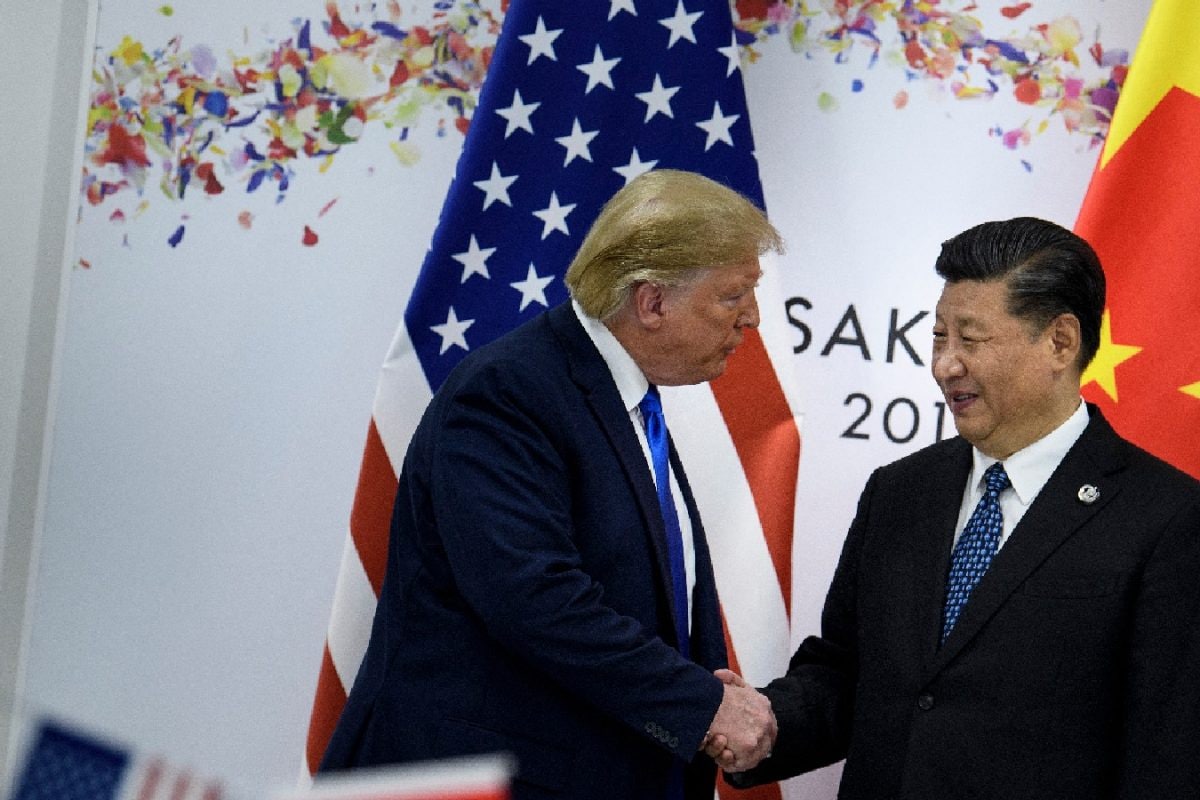

Donald Trump has announced that the United States and China have finalized a trade deal, contingent upon final approval from both himself and Chinese President Xi Jinping. The agreement, reached after two days of talks in London between top officials from both countries, addresses key sticking points in the ongoing trade tensions, including the supply of rare earth minerals and student visas.
According to Trump, the deal ensures that the U.S. will receive a consistent supply of rare earth minerals and magnets from China. These materials are critical for various industries, including automotive, technology, and defense. In exchange, the U.S. will continue to allow Chinese students to study at American colleges and universities. This point is particularly noteworthy, as the U.S. had previously considered revoking visas for Chinese students suspected of having ties to the Chinese Communist Party.
The agreement also outlines the tariff structure that will be in place. Trump stated that the U.S. will maintain a maximum of 55% tariffs on Chinese goods, comprising 25% tariffs from his first term, 20% related to China's role in supplying fentanyl precursors, and a baseline tariff of 10% applied to all U.S. trading partners. China, in turn, will keep its tariffs on U.S. goods at 10%.
This deal follows a period of escalating trade tensions between the two economic giants. Earlier this year, both countries imposed tariffs on each other's goods, with the rates peaking at 145%. A temporary truce was reached in May during talks held in Switzerland, leading to a reduction in tariffs. However, both sides have since accused each other of breaching the agreement. The U.S. claimed that China had failed to ease restrictions on rare earth magnet exports, while China cited U.S. actions such as restricting sales of computer chip design software to Chinese companies, discouraging the use of Huawei chips, and canceling student visas as violations.
The agreement reached in London seeks to address these issues and de-escalate trade tensions. According to reports, the talks focused on resolving disputes over mineral and technology exports. While the details of the framework agreement remain somewhat vague, U.S. Commerce Secretary Howard Lutnick indicated that it builds upon the previous agreement reached in Geneva.
China, the world's largest producer of rare earths, had previously signaled its intention to ease export restrictions on these materials. These restrictions had raised concerns among automakers and other industries that rely on them. The deal announced by Trump appears to confirm that China will resume the flow of rare earths to the U.S., providing relief to these industries.
While Trump has declared the deal "done," it is important to note that it is still subject to final approval from both himself and President Xi Jinping. There has been no immediate confirmation from the Chinese government regarding the terms of the agreement or whether President Xi intends to sign off on it. Despite this, the announcement has been met with cautious optimism, as it represents a significant step towards resolving the trade disputes between the U.S. and China.